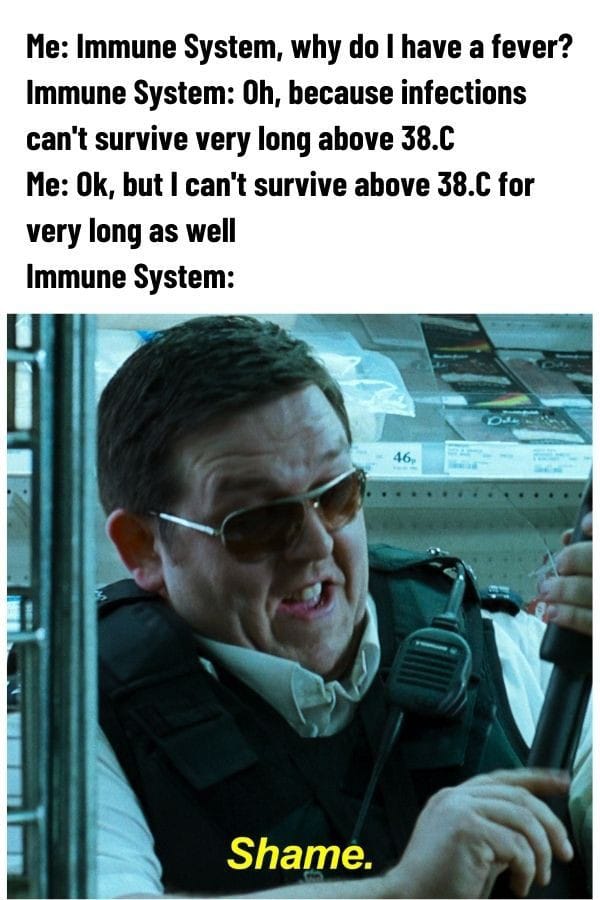this post was submitted on 30 Dec 2023
865 points (99.3% liked)
Science Memes
9997 readers
2755 users here now
Welcome to c/science_memes @ Mander.xyz!
A place for majestic STEMLORD peacocking, as well as memes about the realities of working in a lab.

Rules
- Don't throw mud. Behave like an intellectual and remember the human.
- Keep it rooted (on topic).
- No spam.
- Infographics welcome, get schooled.
Sister Communities
Science and Research
Biology and Life Sciences
- [email protected]
- [email protected]
- [email protected]
- [email protected]
- [email protected]
- [email protected]
- [email protected]
- [email protected]
- [email protected]
- [email protected]
- [email protected]
- [email protected]
- [email protected]
- [email protected]
- [email protected]
- [email protected]
- [email protected]
- [email protected]
- [email protected]
- [email protected]
- [email protected]
- [email protected]
- [email protected]
- [email protected]
- !reptiles and [email protected]
Physical Sciences
- [email protected]
- [email protected]
- [email protected]
- [email protected]
- [email protected]
- [email protected]
- [email protected]
- [email protected]
- [email protected]
Humanities and Social Sciences
Practical and Applied Sciences
- !exercise-and [email protected]
- [email protected]
- !self [email protected]
- [email protected]
- [email protected]
- [email protected]
Memes
Miscellaneous
founded 2 years ago
MODERATORS
you are viewing a single comment's thread
view the rest of the comments
view the rest of the comments

It feels so weird to me that the small change in degrees might actually kill a virus. I mean, wouldn't all viruses by now have become accustomed to "warmer climates"?
Or is it a cat / mouse game, our bodies being able to heat up more and them getting more fire resistant by the year. Was a fever less hot a couple of hundred years ago?
I am not an expert but I believe the temp threshold is for when proteins denature due to the ambient heat overcoming the strength of the bonds (mostly h-bonding i believe) that hold the protein in its specific tertiary structure and when you exceed it the proteins unfold/break
I read that this is a common misconception: the high heat is not enough to denature any proteins (else it would kill you too) and, what's more surprising, it actually makes viruses/bacteria more active. But it also makes your immune system more active, with an overall win in effectiveness over the microbes, which is what makes it useful.
Interesting! Im going to have to rabbit-hole this I suppose.
Yep - our bodies turn the thermostat up, increasing metabolism/cellular functions, which increases body temperature. Fatigue slows us down as our bodies redirect resources towards supporting our immune systems and producing cells to fight off the infection, vs spending that energy on being mentally and physically active.
Once our bodies get a handle on things, the fever "breaks" and we start recovery and return to homeostasis.
But you do sound like an expert.
too much youtube 🤷♂️
Viruses do adapt and mutate though. Look at all the various strains of H1N1 and SARS-COV-2.
Just because they don’t reproduce without a host cell doesn’t mean evolution doesn’t happen. If a trait emerges that is beneficial to future generations, viruses carrying that trait can infect more cells and spread further.
Usually it’s evolution itself that people give too much agency to. Mutations are a crapshoot. They can be beneficial or they can cause birth defects, sterility, prevent reaching sexual maturity, or make finding a mate excessively difficult. Or all of the above.